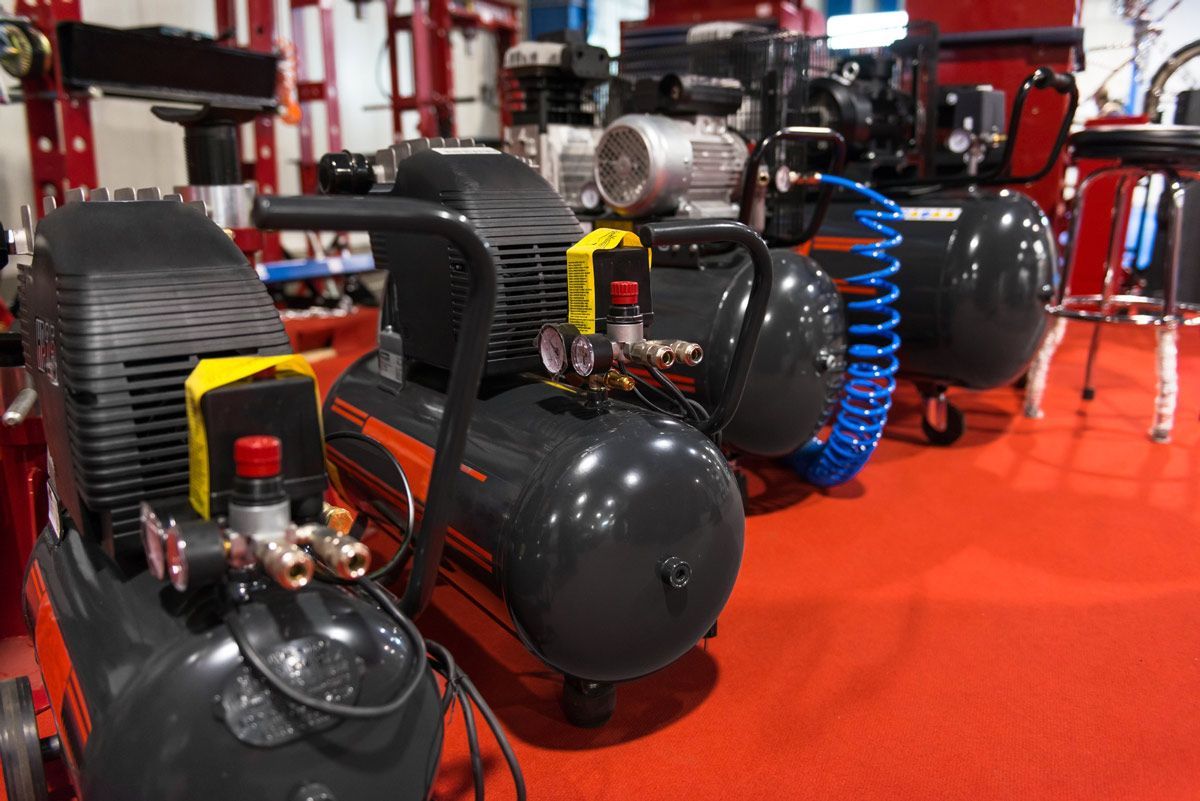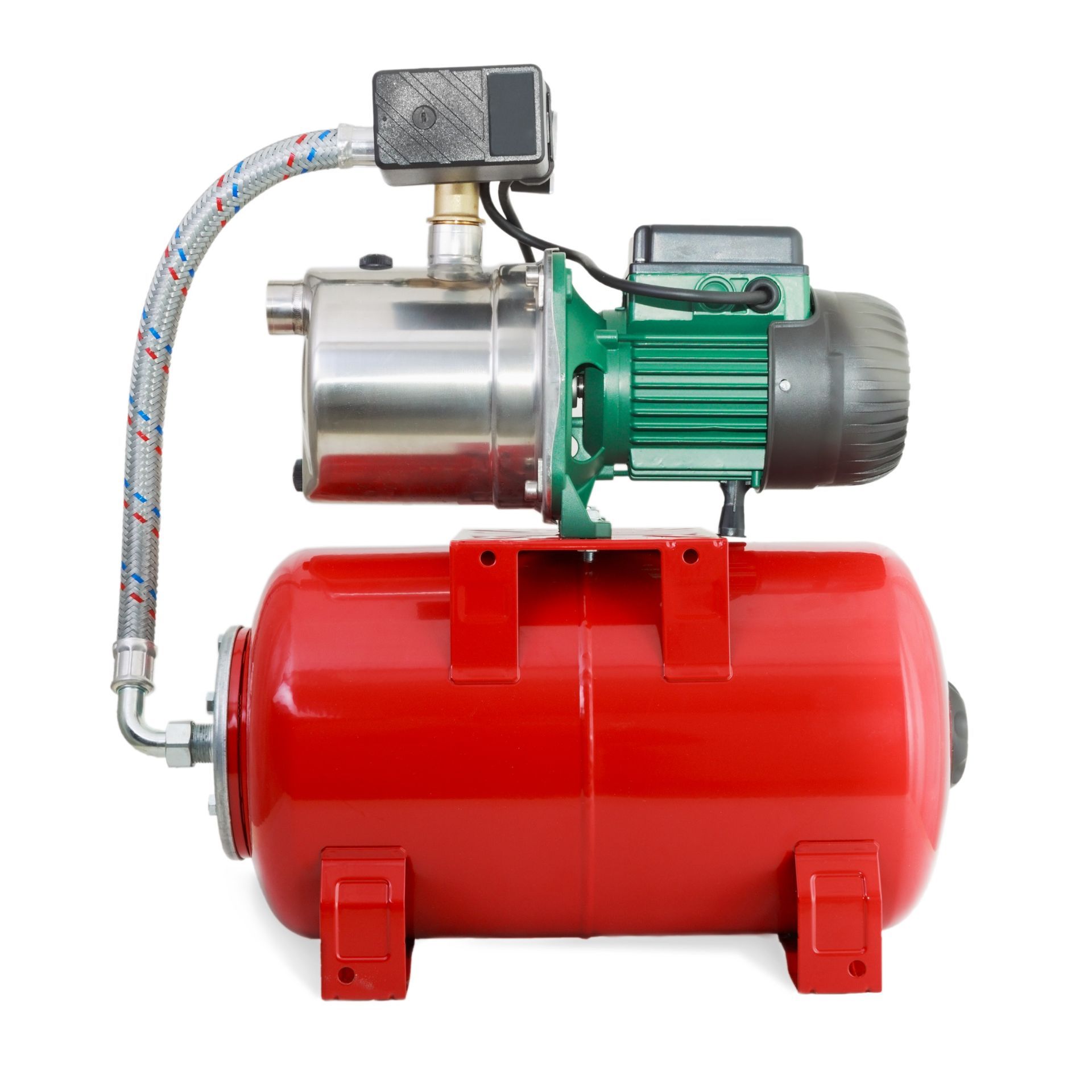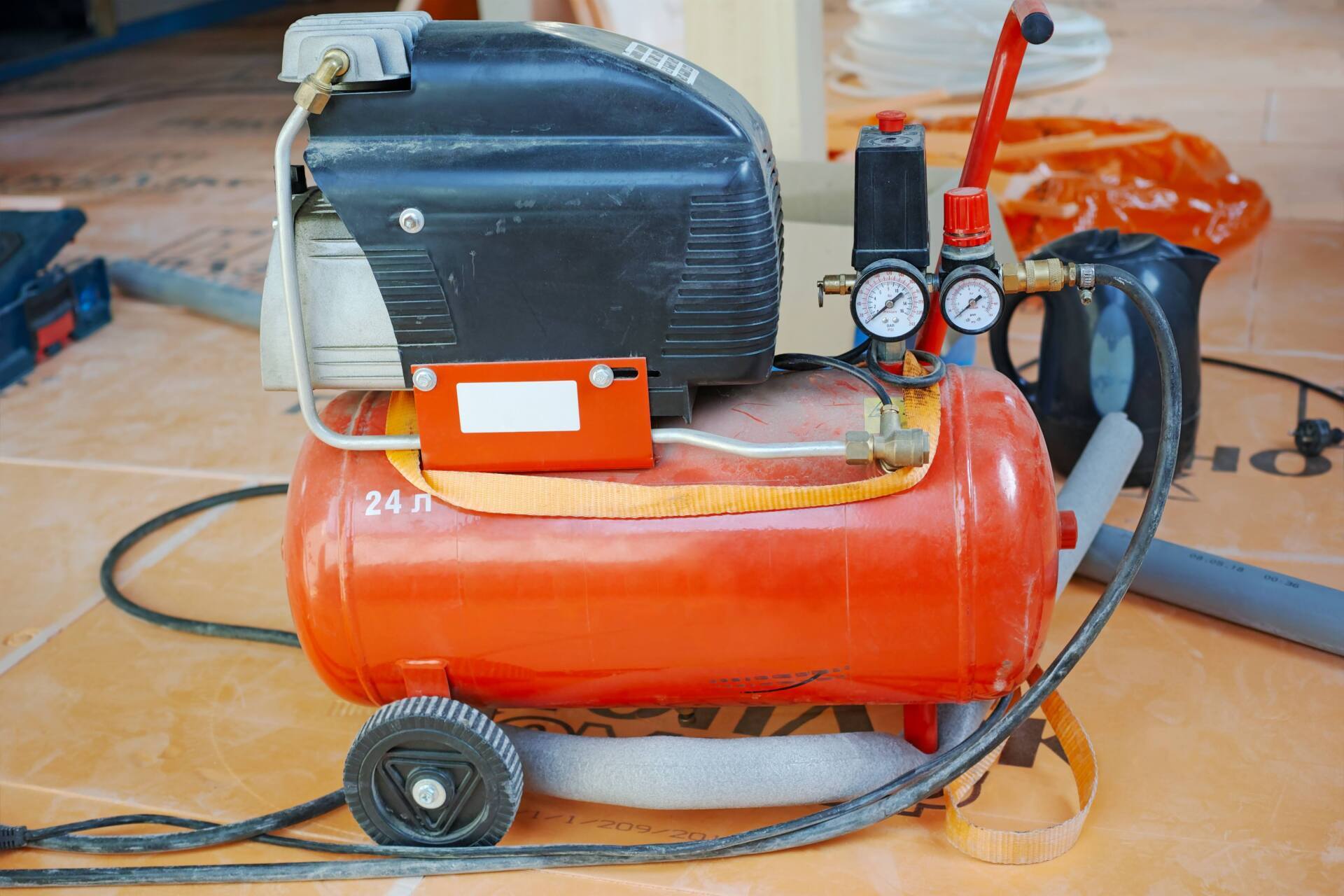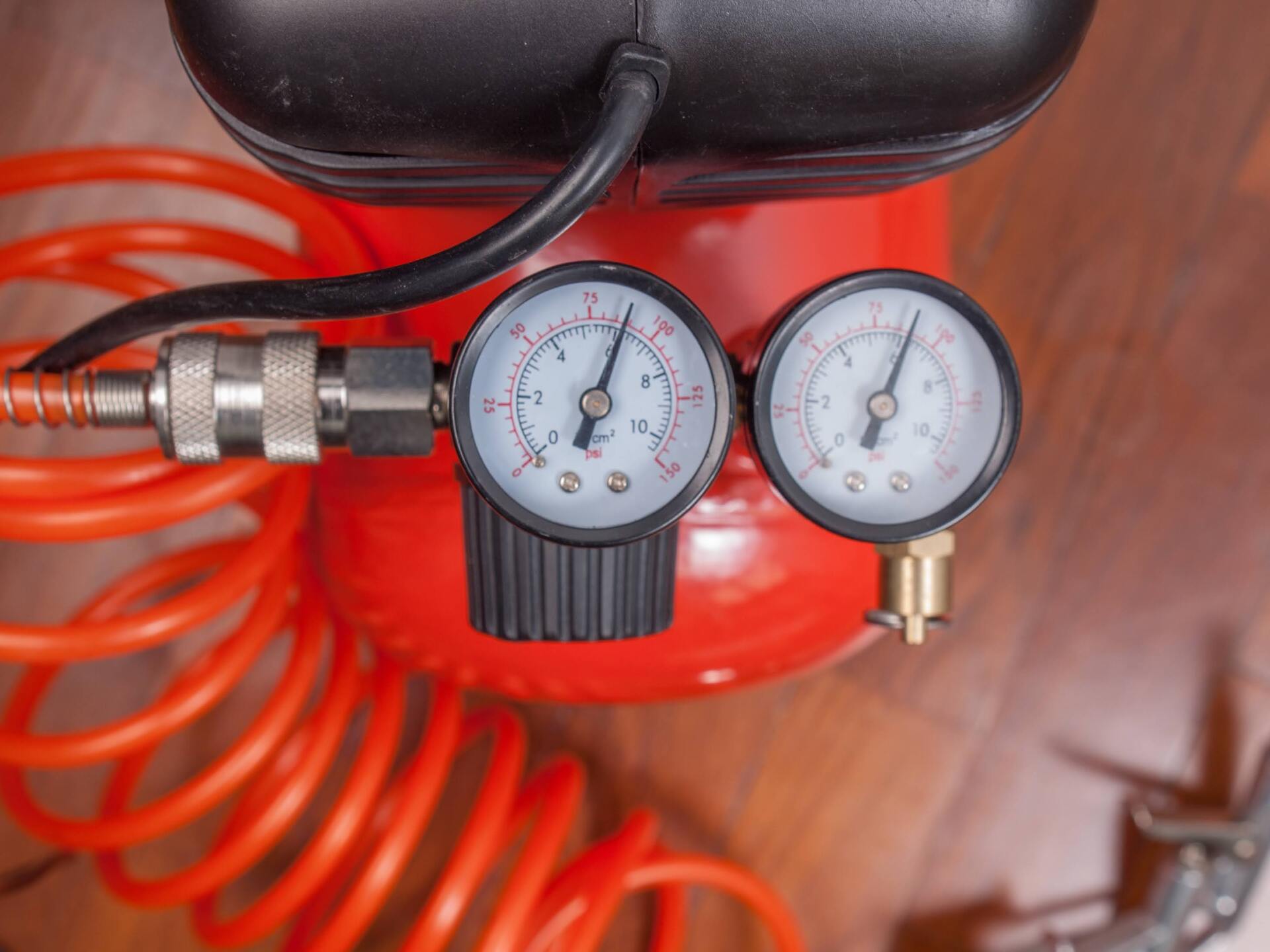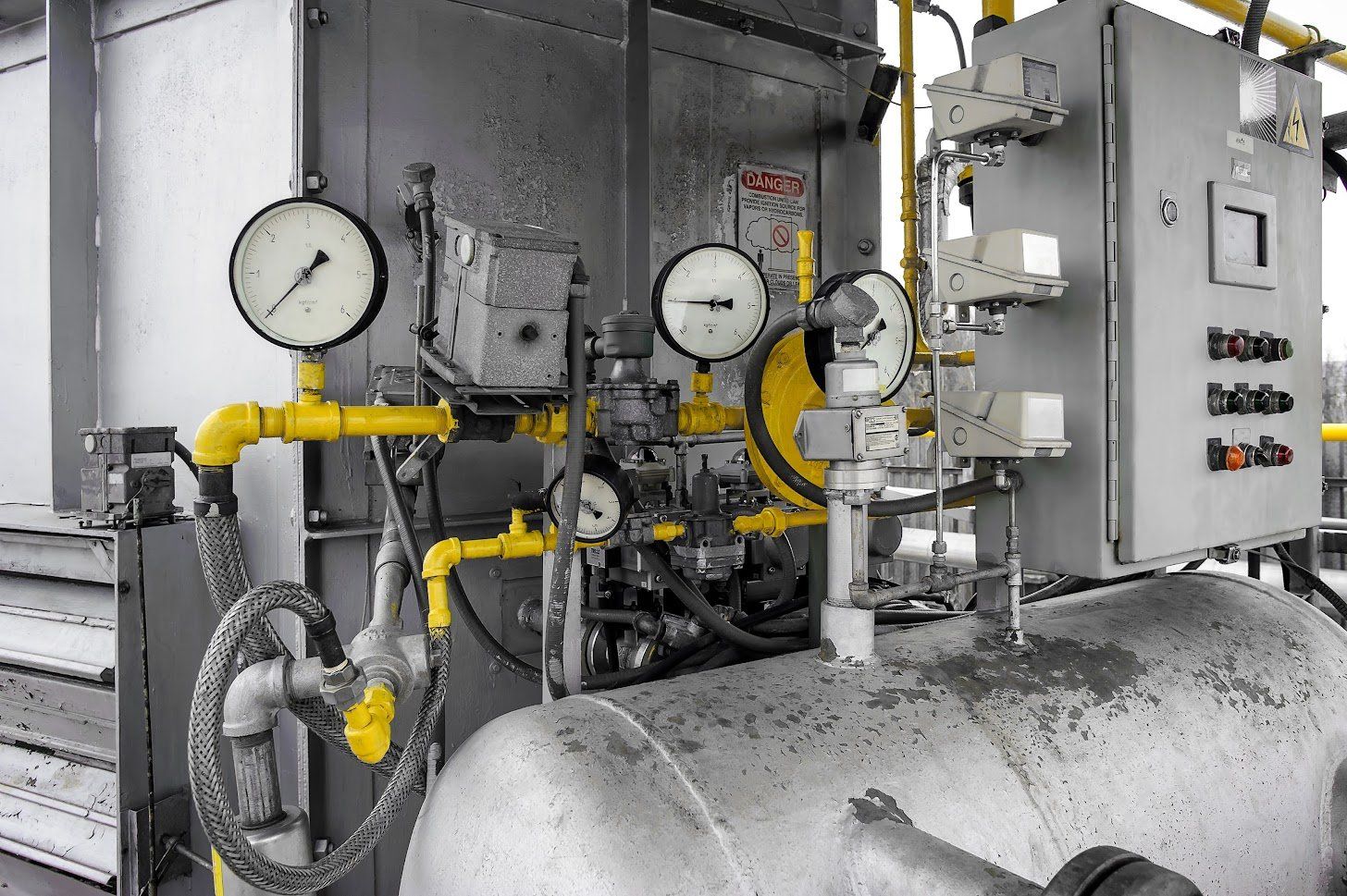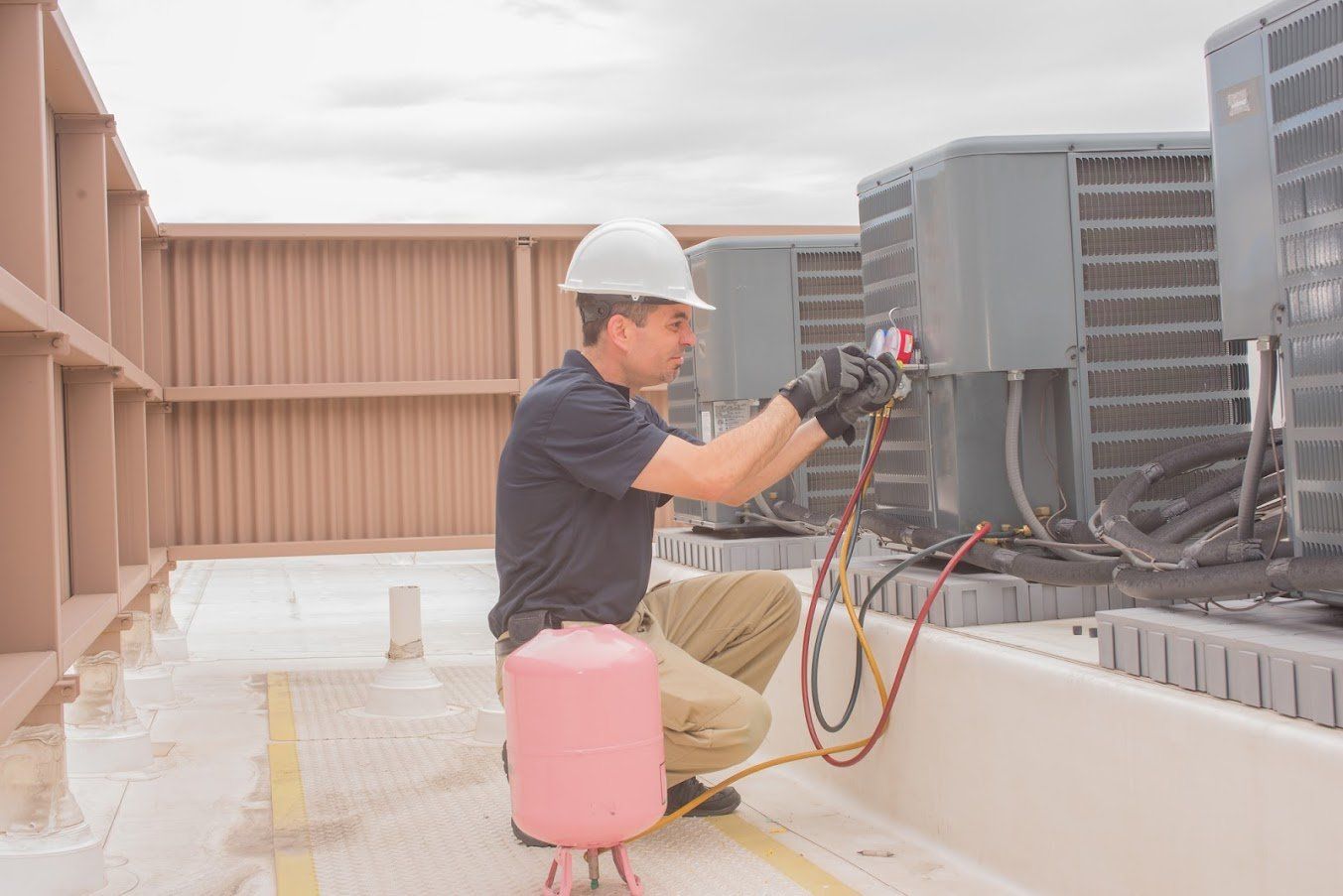Is Your Vacuum Pump About to Fail?
Is Your Vacuum Pump About to Fail?
- By Compressed Air Systems
- •
- 14 Jun, 2022
- •
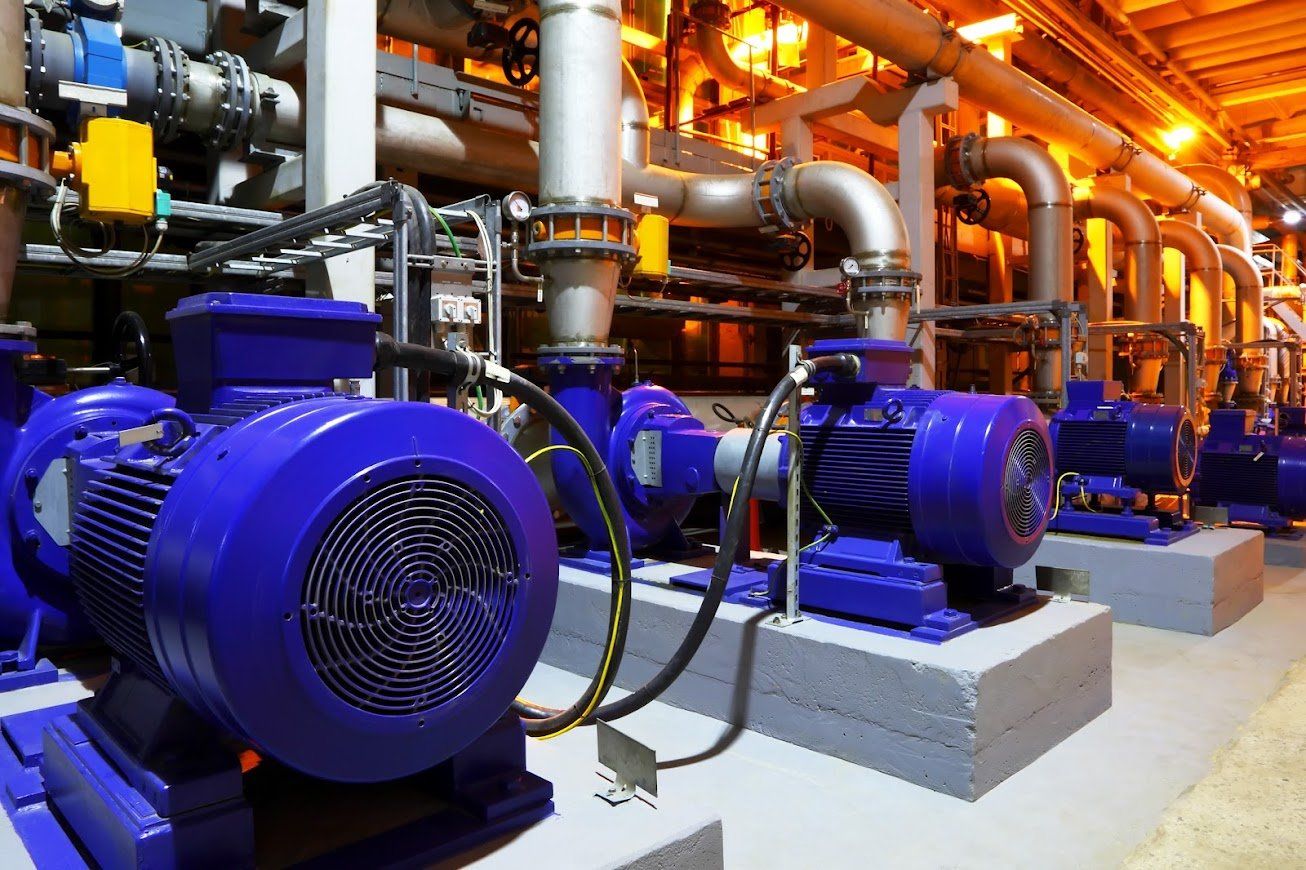
Luckily, vacuum pump failure rarely happens overnight. Instead, it's a gradual process that only worsens if you ignore signs that your system is about to fail. Also, your system won't fail you if you invest in scheduled vacuum pump inspection and maintenance.
This step allows professionals to identify minor issues and rectify them before they become major problems. Read on to understand the obvious signs of vacuum pump failure.
The Vacuum Pump Is Noisy
Vacuum pumps feature many moving parts. Therefore, it's normal for the equipment to make noise. Nonetheless, if the noise suddenly gets louder, that could signify a problematic vacuum pump. Here are some culprits of a noisy vacuum pump.
Wear and Tear
Vacuum pumps perform hard tasks which subject the systems' parts to wear and tear. The main factors that determine how fast your vacuum pump wears out are:
- Inadequate lubricant
- Corrosion
- Contamination
- Overheat
- Static overload
Some parts, such as valve plates and seals, are easy to repair or replace. However, in case of motor bearing damages, you may need to replace the whole part. Contact a vacuum pump expert for a comprehensive system inspection to determine if wear and tear is the culprit of the excessively noisy system.
Dirt
A loud vacuum pump may signify stuck foreign objects in it. Contact a pump repair expert to clean it and restore its efficiency.
Total System Failure
A noisy pump may indicate the end of the system's service life. Perhaps the vacuum pump is old, or you continuously subject it to excess stress. The only solution for a complete pump's failure is to get a new one.
The Vacuum Pump Is Excessively Hot
If the vacuum temperature is too high, the system may turn off unexpectedly, which results in inconveniences and downtime. A range of factors may cause your vacuum pump to overheat.
Overworking Pump
Low Fan Speed
Dirty Motor
If your vacuum pump suddenly starts to overheat, reach out to a professional for an inspection. The vacuum pump expert will assess the ventilation of your pump and remove any debris if necessary. The professional will also evaluate the pump applications to determine their compatibility and recommend the best solution before the heat causes the system to seize completely.
The Vacuum Pump Won't Start
Sudden vacuum failure will frustrate you and cause downtime. In addition, based on the extent of the damage, the vacuum pump breakdown may necessitate expensive repairs or system replacement costs.
You can count on us for timely vacuum pump inspection and repairs before the problems escalate. Contact us at Compressed Air Systems for reliable solutions.
- Mon - Fri
- -
- Sat - Sun
- Appointment Only






Serving Whatcom, Skagit, Snohomish King, and Pierce Counties.


